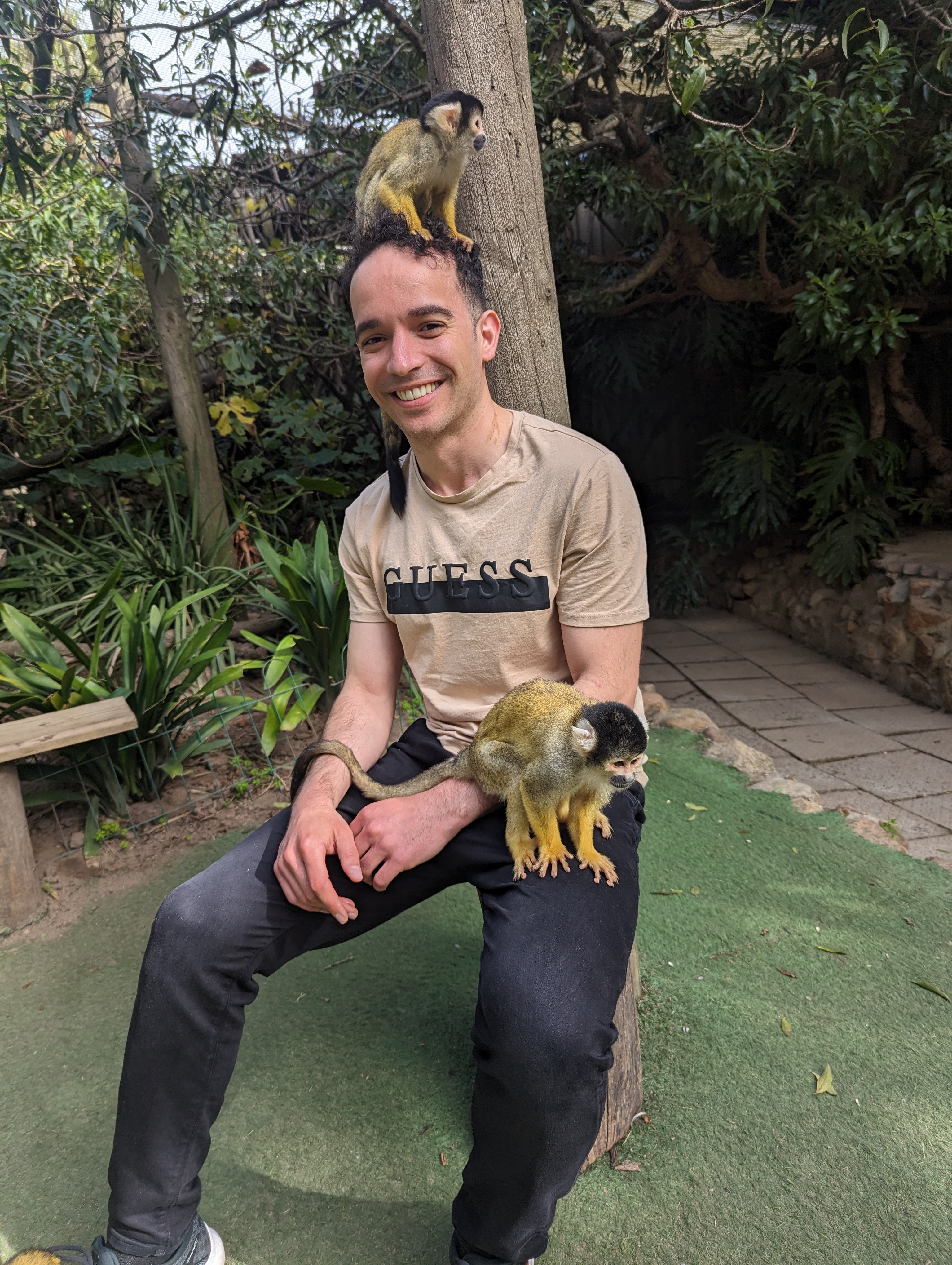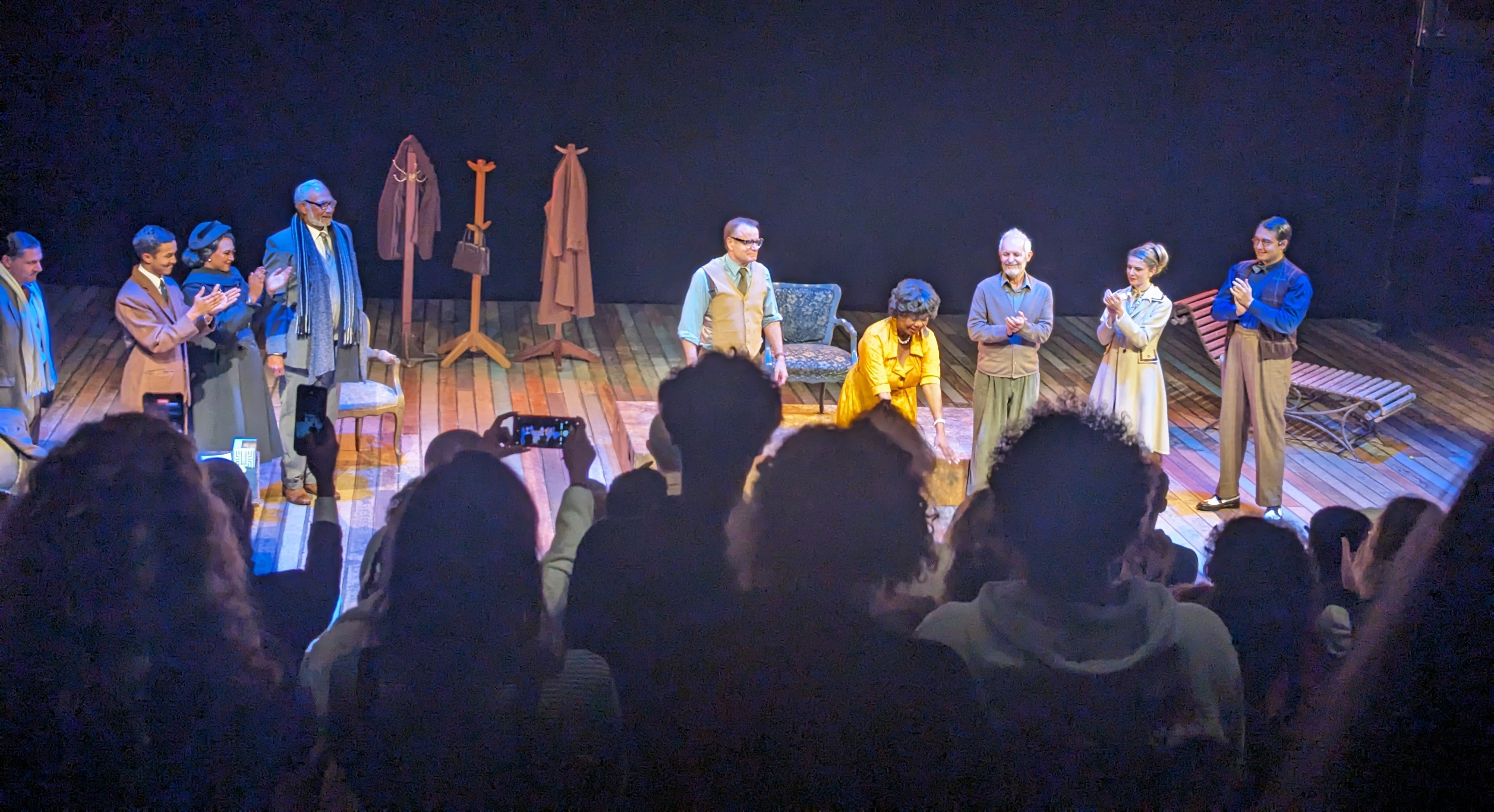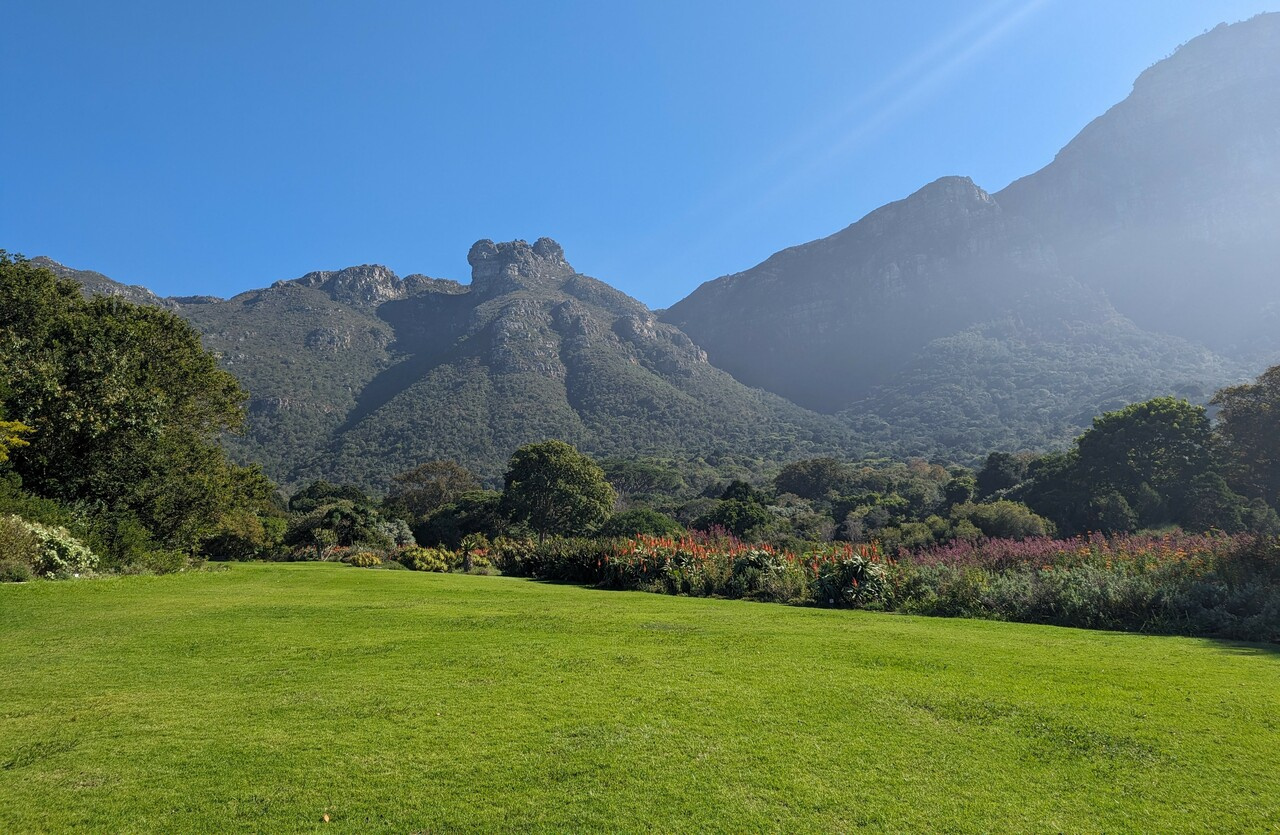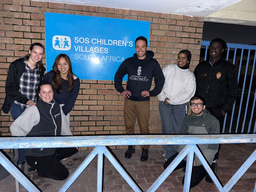LiA Weekly Log: Week 3

My third week involved utilizing maintenance and reassessment processes to ensure that the initial positive impact from prior weeks continued. This NGO houses orphaned, abandoned, and precariously housed youth, and the foundation seems to be in place to have an enriching final three weeks of this LiA project.
What went well?
The progress I made; what was achieved and done
There have been exciting updates in all four programs that I am leading:
Comedy-based psychosocial intervention for teenagers
- We started doing exercises relating to improvising as different characters.
- After new exercises, I always give space for group members to share their experiences. After a specific character game, some teens had expressed how it made them feel more empathy towards others. One in particular mentioned that it "felt like walking in someone else's shoes". This taps into a key skill—empathy—that the centre's staff and I agreed to target during this intervention.
Comedy-based psychosocial intervention for preschoolers
- Now that I have fully gained the group's trust, I have created more space after our improvised stories so that students can ask questions and/or share their experiences of said stories. When one of the students connected their interpretation of the story to a greater moral value, the teacher seemed particularly excited and expressed their appreciation to that student.

Soccer-based psychosocial intervention for school-aged and teenage girls
- Introduced new relaxation techniques to the group and it was being used by some of the girls during the match portion of the program (i.e., the part of the program that is most prone to interpersonal disputes). One of these involved the Five-Finger Breathing technique.
Skill sharing with the centre’s staff
- I greatly reduced any verbal presentations on my end, and I increased the number of practical demonstrations. This resonated extremely well with the staff on site, and we were able to get through more exercises than originally planned due to how rapidly they were understanding the material.
What could have been done differently?
Things that did not get done and/or could be changed
- For the teen comedy intervention, jumping into character work can be overstimulating for shyer individuals. I need to ensure that the space I create is still equitable and that everyone feels welcomed.
- For the girls soccer intervention, there were many interpersonal disputes after our first session back from the weekend. I need to remember that these individuals have lives of their own when I am not there and that I cannot assume that any progress that I notice is necessarily linear.
- For the preschool comedy intervention, the older group is extremely curious and loves to ask questions throughout the story. However, this can sometimes derail the momentum of the story, and other participants might be getting annoyed by these interruptions.
- For the staff skill sharing programming, there has not been any direct feedback of staff trying out anything that I have showed them in their day-to-day.

What did I learn about myself when working with others?
Contributions, behaviours and values I exhibited
This week I focused on the Laidlaw Scholar value of being determined. Despite progress from earlier weeks, there were adjustments to be made, and I had to stay resilient throughout. I was committed to problem-solving any issues, and I am proud of myself that I did not even come close to getting discouraged. I know that determination has played a key role in other parts of my life, and I am grateful to have been able to showcase this quality this week.

What did I learn about leadership?
Leadership attributes and insights I developed
This week, I was able to work on the attribute of collaboration and team working. This was especially prevalent in my staff skill-sharing sessions; my ability to adjust to their learning style was instrumental in the progress that we made. Within my other programming, I am proud to have been able to ensure that individuals had space to provide feedback to me before/after sessions, which has allowed me to make necessary changes (e.g., reducing the number of players on the field during our soccer matches due to the feedback that was provided).
What do I want to develop or focus on next?
What I still need to develop
- For the teen comedy intervention, I will ensure to highlight that what we are learning are simply tools within a toolbelt; that is, it is perfectly valid for one teen to feel very comfortable in certain exercises (e.g., those involving high emotionality), but then feel less comfortable in other exercises (e.g., those involving cleverness/high mental processing speed). I will communicate that there is no expectation for anyone to be exceptional in all areas that we explore together, and that the greater picture is not performance/results-based—it is about them becoming more at peace with their emotions and experiences.
- For the preschool comedy intervention, I will be more assertive with the older groups to ensure that I do not lose control of the story that we create together. As the facilitator, it is my responsibility to ensure that the exercises go as planned, so I will take more ownership moving forward.
- For the girls soccer intervention, even when things seem to be going well, I will not engage in black-and-white thinking and, all of a sudden, completely remove any helpful psychoeducational component. I will continue to engage in maintenance processes to support our foundation of strong interpersonal skills that I have been able to witness at times.
- For the staff skill sharing programming, I will offer to go, if they will have me, into the staff's active working space (i.e., when they are working with children directly) so that I could more directly guide them into using any skill that they seemed genuinely interested in utilizing.


![[Closed] LiA Opportunity: SOS Children's Villages Cape Town – Summer 2026](https://images.zapnito.com/cdn-cgi/image/metadata=copyright,format=auto,quality=95,width=256,height=256,fit=scale-down/https://images.zapnito.com/users/647804/posters/9db789af-7f05-417f-ab56-098d23e845d5_medium.jpeg)


![[Closed] 📢 Last-Minute LiA Opportunity: Join Me in South Africa for a High-Impact Project at SOS Children’s Villages! 🌍](https://images.zapnito.com/cdn-cgi/image/metadata=copyright,fit=scale-down,format=auto,quality=95,width=256,height=256/https://images.zapnito.com/users/647804/posters/7fbf1b11-ab87-4b78-97ac-faf35c6ff39f_medium.jpeg)

Please sign in
If you are a registered user on Laidlaw Scholars Network, please sign in